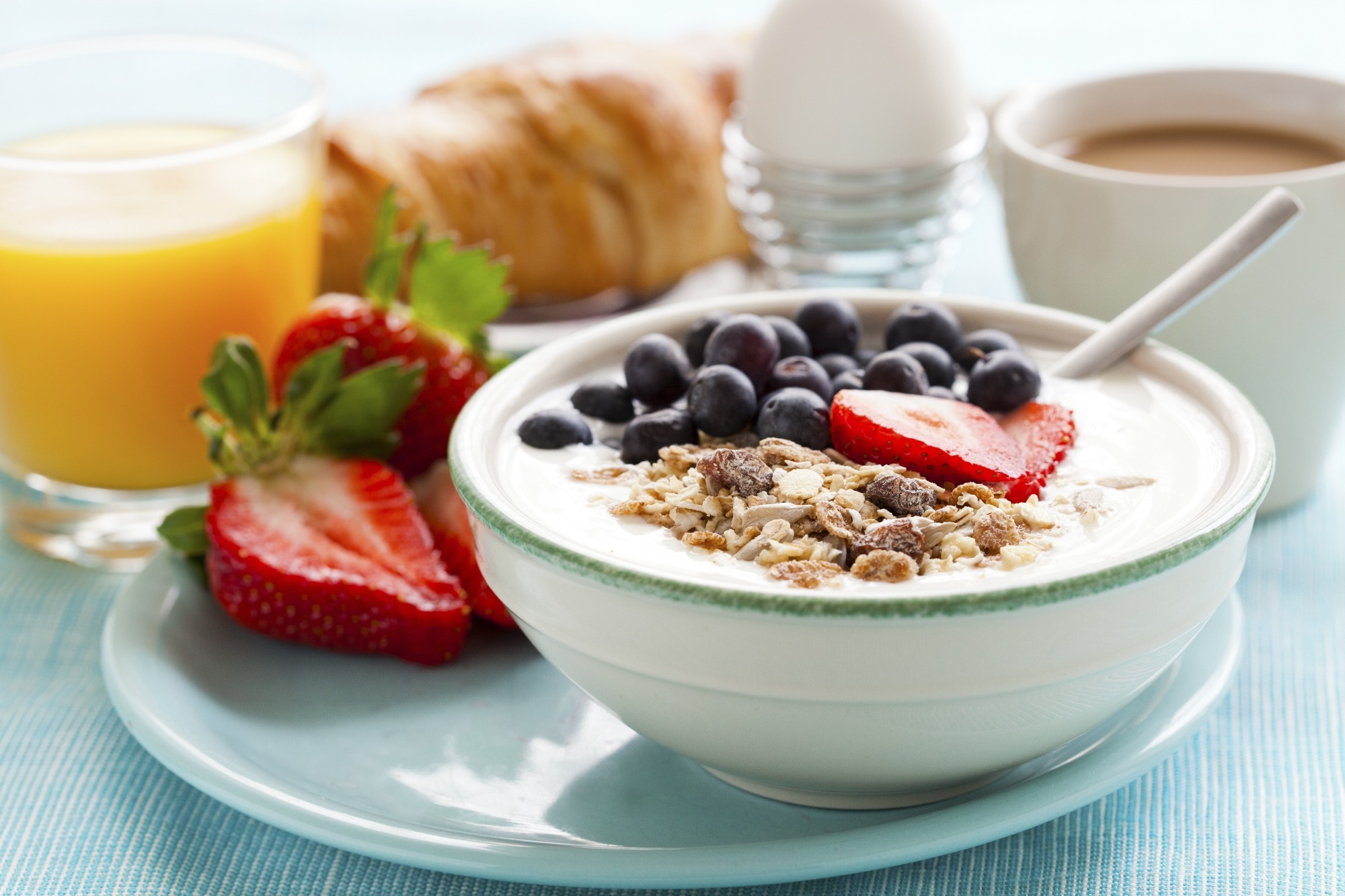As a country of foodies, eating brings us all together. Whenever there is something to be celebrated, we cook up a storm and feast to our heart’s desire. However, this is a slippery slope because there will be more celebrations but does that mean you’ll overeat at every one of them?
Overeating during the holidays can cause a slew of problems such as bloating and excess gas but there are other consequences as well. Suddenly eating a large amount of calories in one sitting increases the blood flow to your intestines. Thus, less blood is supplied to the other parts of your body including your brain.
However, the other thing to consider is that it might be seen as rude if you decline the food. Thus, it is necessary to have a strategy to feast the smart way.

Before the feast
During the day of the feast, have a healthy breakfast. This can be in the form of oats with dried fruit paired with a healthy drink such as freshly squeezed, unsweetened juice, black coffee or tea. Since this is a day of excess calorie intake, burn some extra calories by going for a jog in the morning or hitting the gym! Remember to refuel with light but healthy food such as an egg sandwich or protein smoothie.
During the feast
Do you have an ‘eating outfit’? It’s usually a loose outfit you wear when you know there’s going to be some serious eating. Put it back on the shelf and wear what you usually would. Your tightening waistband will remind you that you’ve had enough.
Start with appetisers such as fresh fruit or a salad that’s full of fibre and good nutrients. Another thing to do is limit your portions by taking a smaller plate. After filling your (smaller) plate with all that you’d like, chew your food slowly and savour each bite! This gives your stomach time to tell your brain “I’m full!” rather than gobbling all your food down and then suffering a stomach ache.
As for your plate, aim to have it half filled with fruits and vegetables, one quarter with protein such as meat or tofu and the other quarter with your carbohydrate of choice. Additionally, choose foods that are steamed, braised or boiled over deep fried items. Of course, please do eat your favourite foods but if you know that they are unhealthy, exercise self-control and have half the amount you usually have.
Foods to limit are fatty foods and also sweet beverages. Pair your meal with a glass of warm water and take sips throughout your meal. As for dessert, instead of piling the cakes, pies and jellies, have a plate of fruit. After the fruit, if you’d still like to have a slice of cake, have half a slice.
One thing to help you not overeat is also that leftovers will always taste just as good, if not better, tomorrow. Keep your leftovers for tomorrow’s lunch or dinner to divide the calories ingested.
After the feast
After your meal, drink a full glass of water to prevent any snacking and give your body time to digest the delicious food. Then, go for a leisurely walk around the neighbourhood or in your condominium compound to help get the blood flowing.
Unless you’re on a strict diet for medical reasons, there really is no reason to deprive yourself during the holidays or any celebrations that involve food. The key is moderation and knowing your limits. Ask yourself this: Will the stomach ache be worth it, eating all that food? If the answer is no then you’ll know what to do. Good luck!
Reference: Manhattan Gastroenterology.











